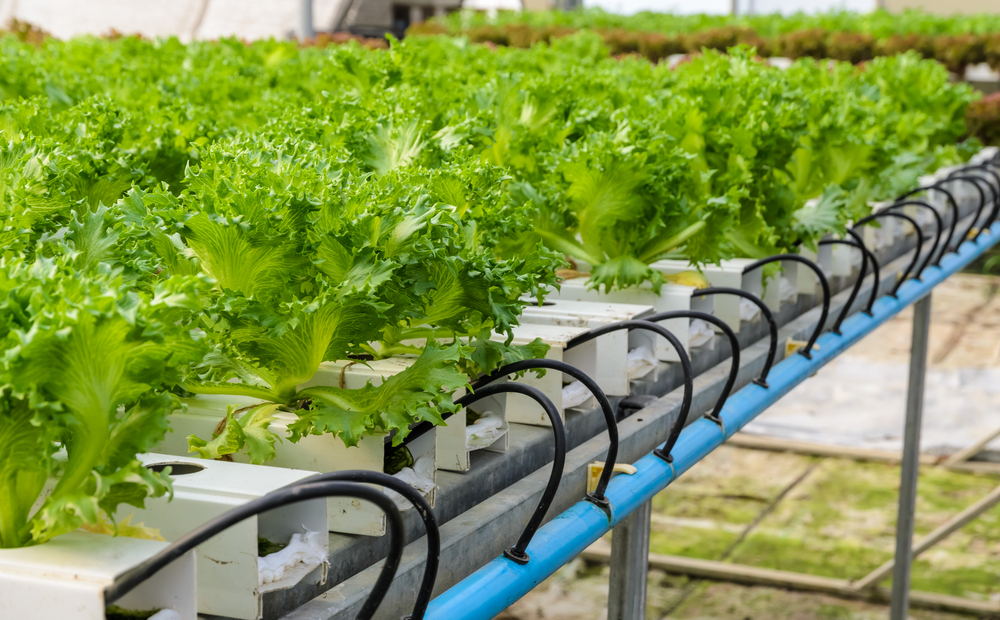The model will showcase to potential investors and donor agencies who are willing to support and build upon this climate smart system.
 Port of Spain, Trinidad and Tobago, December 12, 2019 (IICA). The Inter-American Institute for Cooperation on Agriculture (IICA) Delegation in Trinidad and Tobago selected the Matelot Community College as the pilot site to demonstrate a climate-smart food production system, which can be scalable, coupled with training farmers and youth and in the use of 3D modeling and design of climate smart farms.
Port of Spain, Trinidad and Tobago, December 12, 2019 (IICA). The Inter-American Institute for Cooperation on Agriculture (IICA) Delegation in Trinidad and Tobago selected the Matelot Community College as the pilot site to demonstrate a climate-smart food production system, which can be scalable, coupled with training farmers and youth and in the use of 3D modeling and design of climate smart farms.
The agricultural science students will be using this climate smart system as part of their School Based Assessment (SBA), to compare the growth rate of lettuce in the system using various potting media versus the traditional open field.
IICA used the “adopt a village” approach to provide the necessary interventions for this highly vulnerable community with hilly topography that leads easily to landslides during the rainy season, which sometimes blocks the only access road, leaving the 500 people totally isolated and locked off from the rest of Trinidad.
During storm surges, the village is inundated with sea water which compromises the nearby Matelot Community College agriculture lands. The farming population is also aging and declining and the young men and women in the community are not readily attracted to agriculture as an economic and sustainable business.
As part of the project, IICA is developing a community profile and vulnerability risk assessment of the Matelot Community to identify other critical gaps and interventions that will address these limitations.
Training of 10 farmers, 5 teachers, and 17 students in 3D modeling using an open software SketchUp was also done during 2019.
IICA’s technicians visited farms and conduct a farm risk profile, analyzing the weaknesses of each farmer to climate change and recommend solutions.
The construction of the demonstration climate smart food production system was a collaboration between IICA and Garden Pool, a non-for profit organization based in Mesa, Arizona USA. The system was established in June 2019 and being operationalized in September 2019, which coincides with the start of the new school term.
In an effort to ensure the sustainability, expansion and scalability nationally and regionally of this initiative, IICA will broker both the private and public sector investors to attain external resources.
The funds provided by IICA will be used as seed money to demonstrate its commitment to building resilience in vulnerable communities, which will lead to strengthened resilience at a national and regional scale.
The Matelot project will spearhead change in the farming methods of older farmers in the community in order to build resilience to climate change.
More information:
Richard Rampersaud, Agribusiness and Value Chain specialist at IICA










